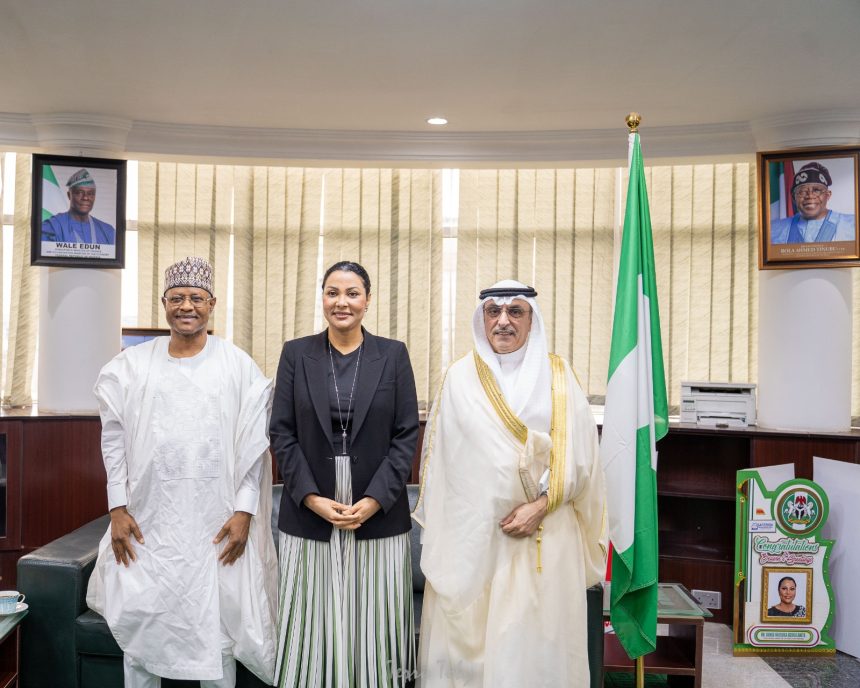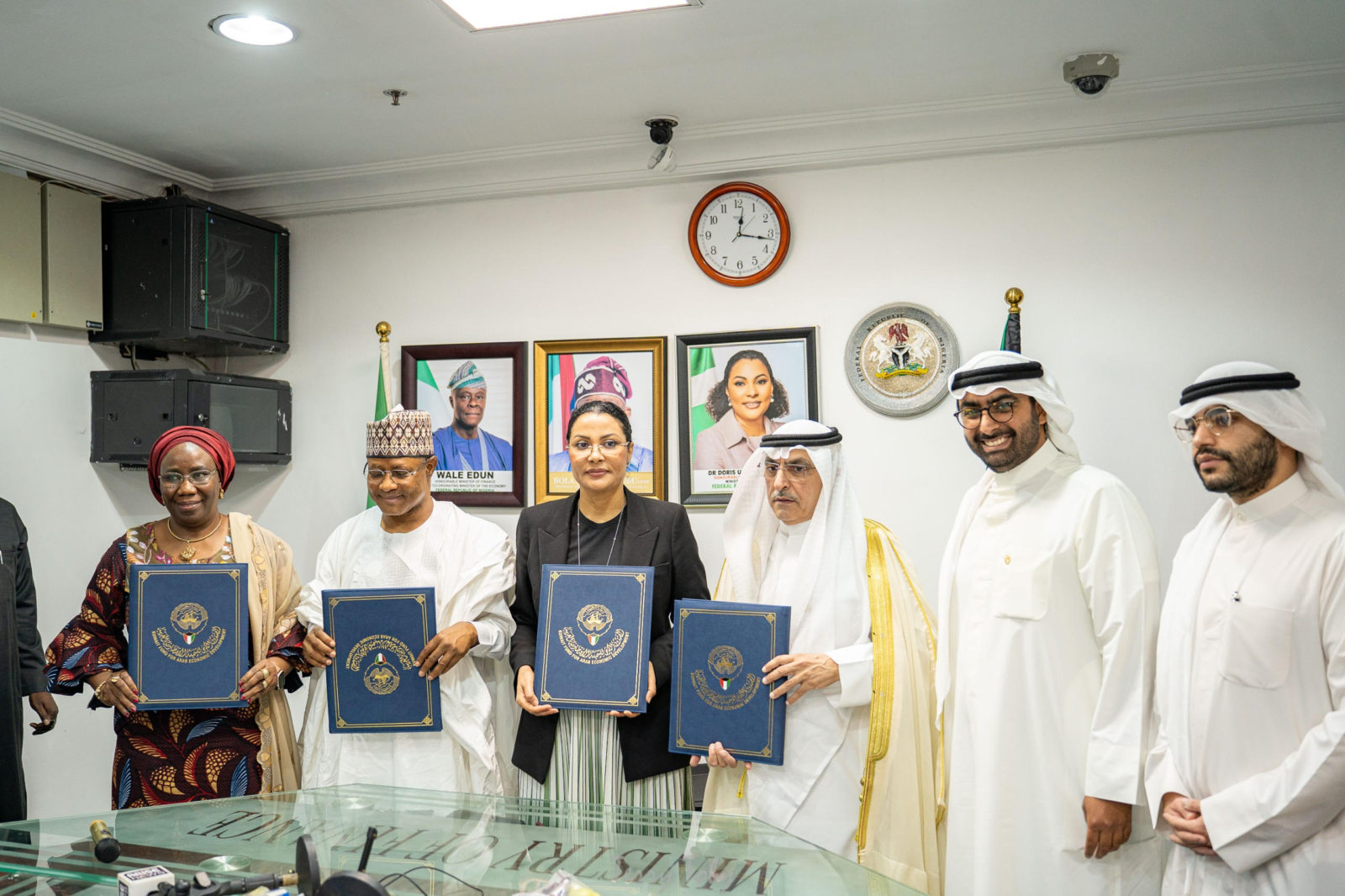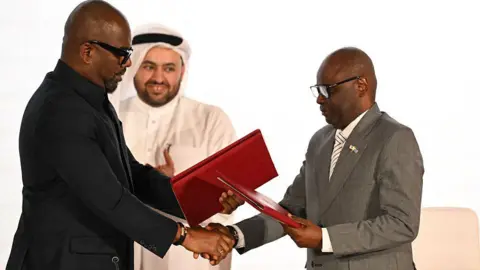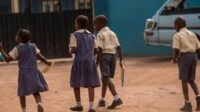In a strategic move to improve access to quality education in Nigeria, the Kuwait Fund for Arab Economic Development (KFAED) has signed a loan agreement with the Nigerian government to support an education-focused project in Kaduna State. The agreement, signed on Tuesday, aims to enhance educational opportunities for children currently outside the school system, with a strong emphasis on inclusive learning for girls, adolescents, and children with special needs.
The agreement was formalized between KFAED’s Acting Director General, Waleed Al-Bahar, and Nigeria’s Minister of State for Finance, Dr. Doris Aneti. The project will involve the rehabilitation and construction of schools, as well as strengthening the capacity of educational administration in Kaduna State, one of Nigeria’s most populous regions.

This partnership aligns with Nigeria’s broader effort to bridge the gap in education and ensure that marginalized children, especially those in underserved communities, have access to quality basic education. Kaduna, like many states in northern Nigeria, has faced significant challenges with school attendance due to insecurity, poverty, and socio-cultural barriers particularly affecting girls and vulnerable groups.
Established in 1961, the Kuwait Fund initially focused on supporting Arab nations with an allocated budget of KD 50 million (approximately USD 163.6 million). However, by 1974, its mission expanded to include African nations, offering development assistance across various sectors, including education, infrastructure, healthcare, and agriculture. Over the years, KFAED has financed hundreds of development projects in more than 100 countries, promoting socio-economic growth and poverty reduction.

The latest loan to Nigeria marks a renewed commitment by Kuwait to invest in human capital and contribute to achieving Sustainable Development Goal 4, which aims to ensure inclusive and equitable quality education for all. This development is also expected to foster stronger ties between Kuwait and Nigeria, as both countries continue to collaborate on key regional development priorities.














Leave a comment